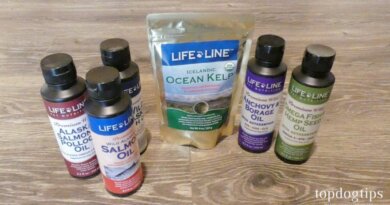Don’t Put These In Homemade Dog Treats
Many dog owners love making their pooch special homemade dog treats. Because unlike store bought goodies, you know what is in the treats. And just like humans prefer homemade food, so do our dogs.
What we like about making our dogs treats at home is we can tailor the recipes to suit our dogs’ preferences. And we also know the ingredients and nutritional values of the treats.
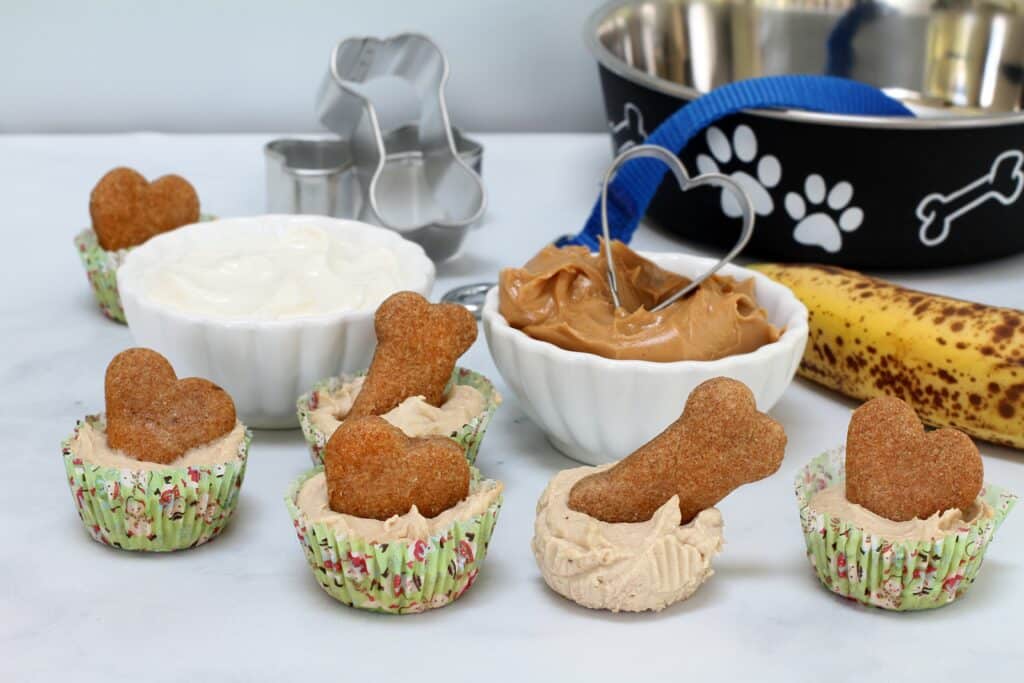
However, some of the recipes available online include certain content we never want to feed our dog. So, before following a recipe you discover online, do a bit of research to ensure that the ingredients are safe for your furry friend.
Want to make safe and delicious goodies for your pooch? Continue reading below to find ingredients you should avoid at all costs when making homemade dog treats.
5 Ingredients To Avoid When Making Homemade Dog Treats
Without further ado, here are five ingredients you must not include in your pooch’s homemade treats.
1. Onion
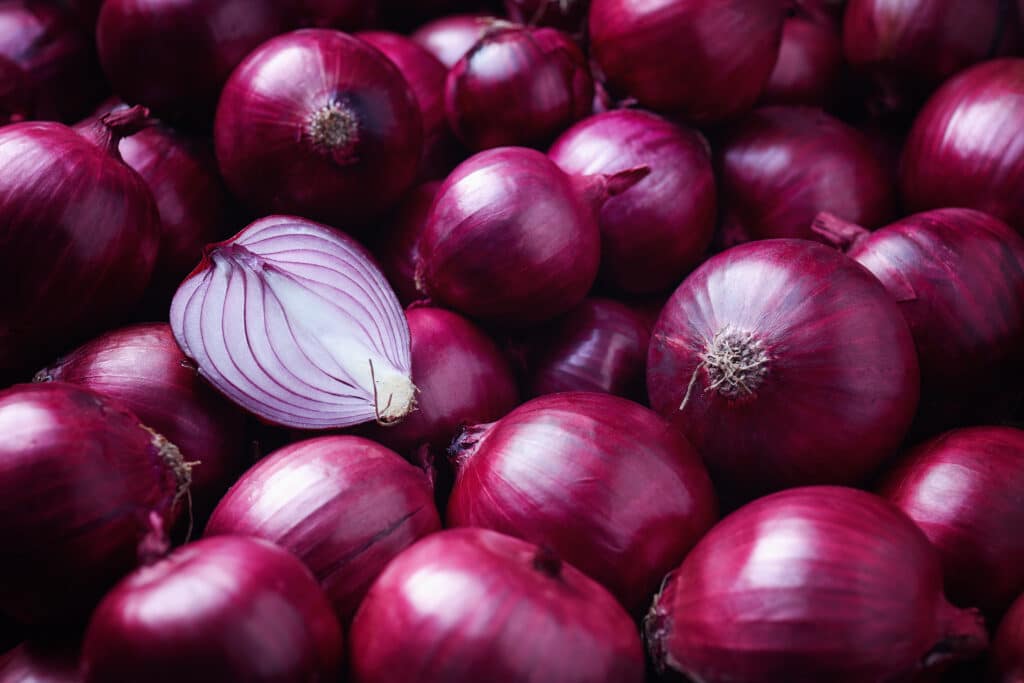


For those who are not aware of the fact that onions are a terrible food for canines, this is your heads up. Never feed any dog raw or cooked onions, and never include them in any of the homemade dog treats you make.
Onions contains N-propyl disulfide, a toxic substance that can cause anemia in dogs. It also contains thiosulphate, a substance that dogs cannot properly digest. And if ingested in large amounts, can even result in death, especially to small dogs.
And while fresh onions are toxic to dogs, onion powder is more dangerous. So always check, not only homemade dog treat ingredients, but also human food you feed your dog.
2. Garlic
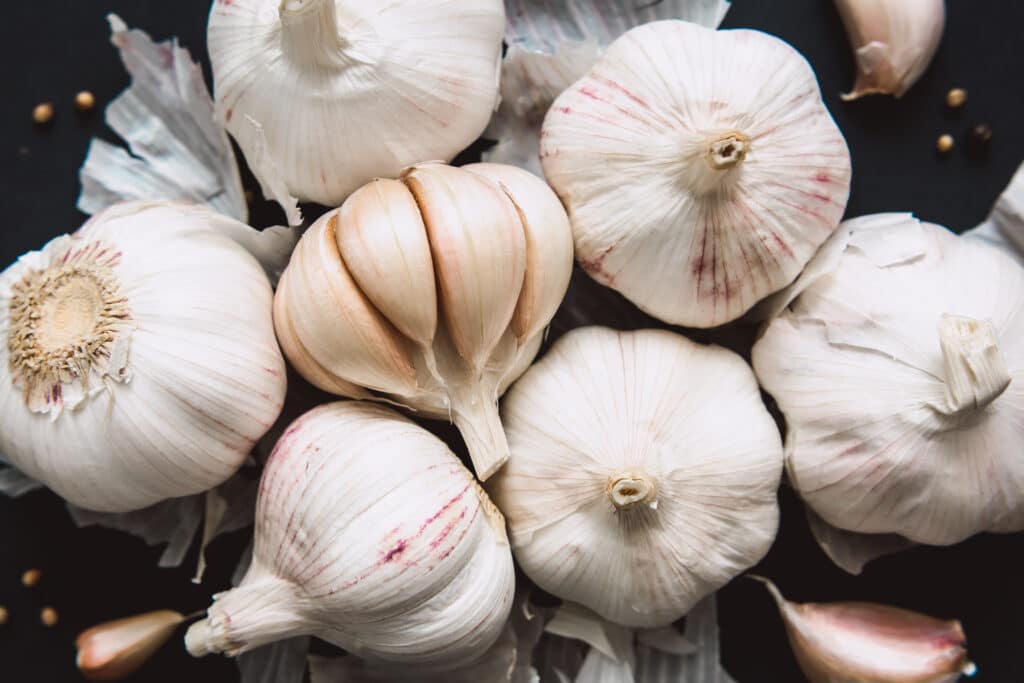


Garlic is another ingredient to avoid. It is considered a gastrointestinal irritant and when consumed by dogs, can cause vomiting and diarrhea.
Much like onions, this herb has the potential to cause serious digestive issues, and will also result in the death of a dog that consumes garlic in large amounts. And in powder form, is much more dangerous than its fresh counterpart.
According to Pet MD, garlic found in small doses on manufactured dog food and treats, but tested by pet food manufacturers, is okay.
However, if you are making the treats at home, this is not recommended. As store bought dog food/treats with small doses of garlic are, again, tested by professionals.
3. Chocolate
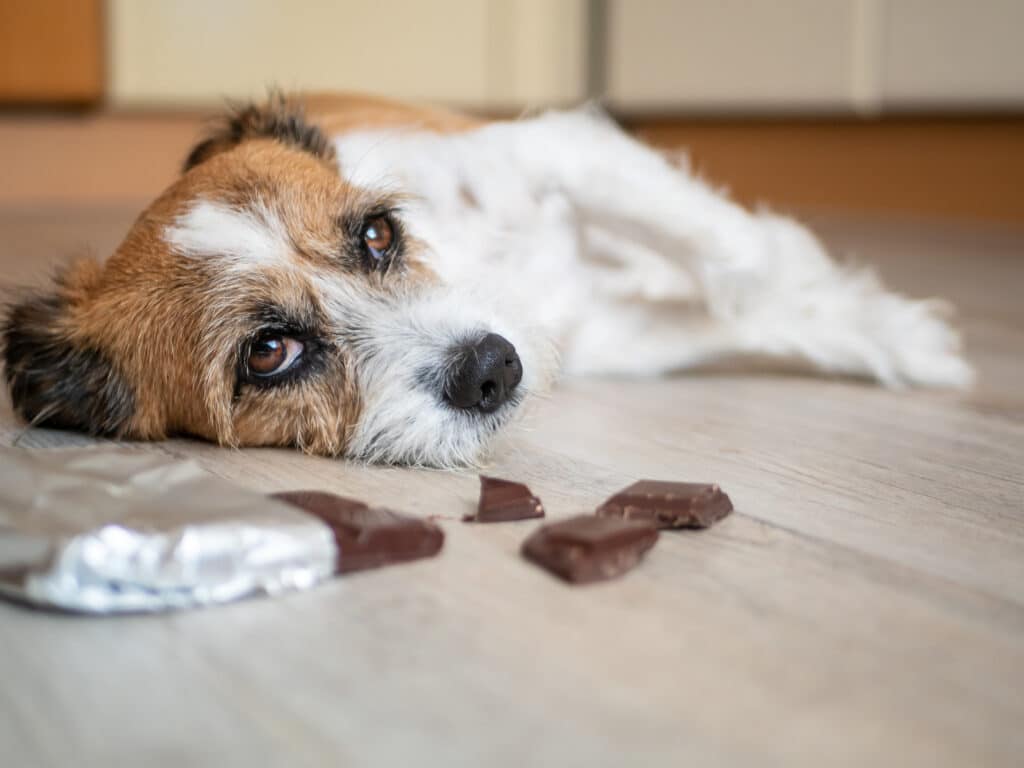


Here is a big one: chocolate, in any form, is NEVER to be fed to a dog. This is because it contains theobromine and caffeine, chemicals that our furry friends can not metabolize as well as humans do.
While chocolate is rarely fatal, it can result in serious health problems. I know a lady who has fed her dogs Oreo cookies for many years and every one of these dogs has died at an early age, and had many health problems before passing away.
Furthermore, according to VCA Animal Hospitals, dogs who have ingested chocolate can experience vomiting, diarrhea, panting, restlessness, increased thirst and a racing heart rate. And in rare and severe cases, chocolate can cause muscle tremors, seizures and worse, heart failure.
4. Raisins & Grapes
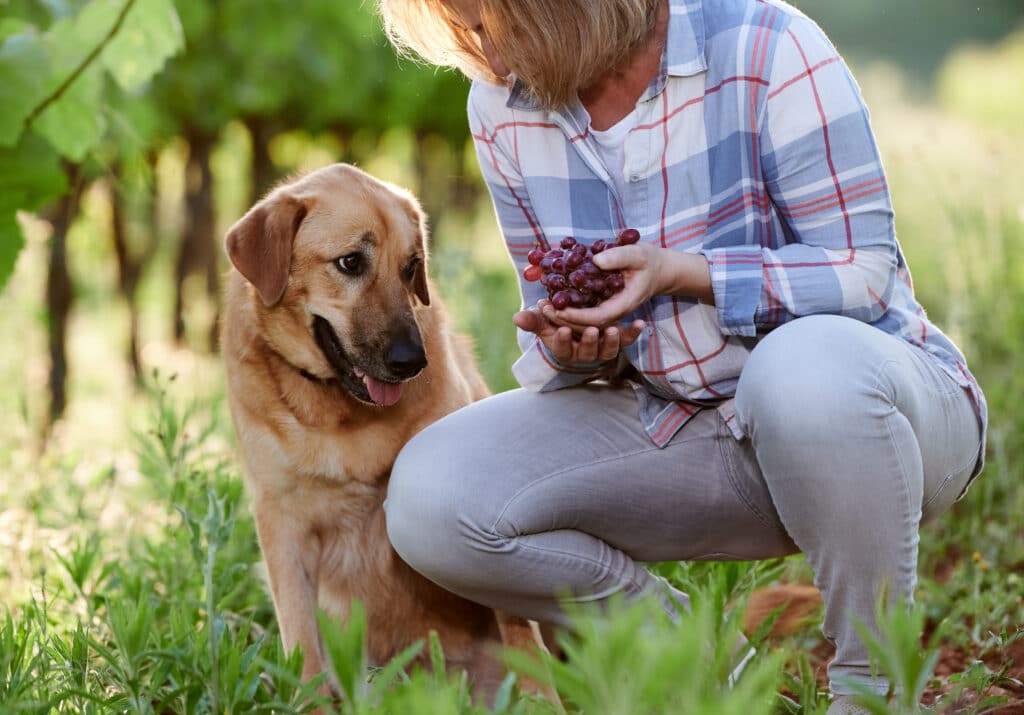


Raisins and grapes must also be avoided when making homemade dog treats. While many of the homemade goodies fur parents make are in cookie form, raisins and/or grapes should not be added as dog cookie ingredients.
And you might think, “what harm will a few grapes/raisins do?” More than you think! Consuming even one grape and/or raisin can be fatal to dogs. This is because raisins and grapes contains tartaric acid, which attacks the kidney, causing renal failure in dogs, regardless of size.
5. Xylitol
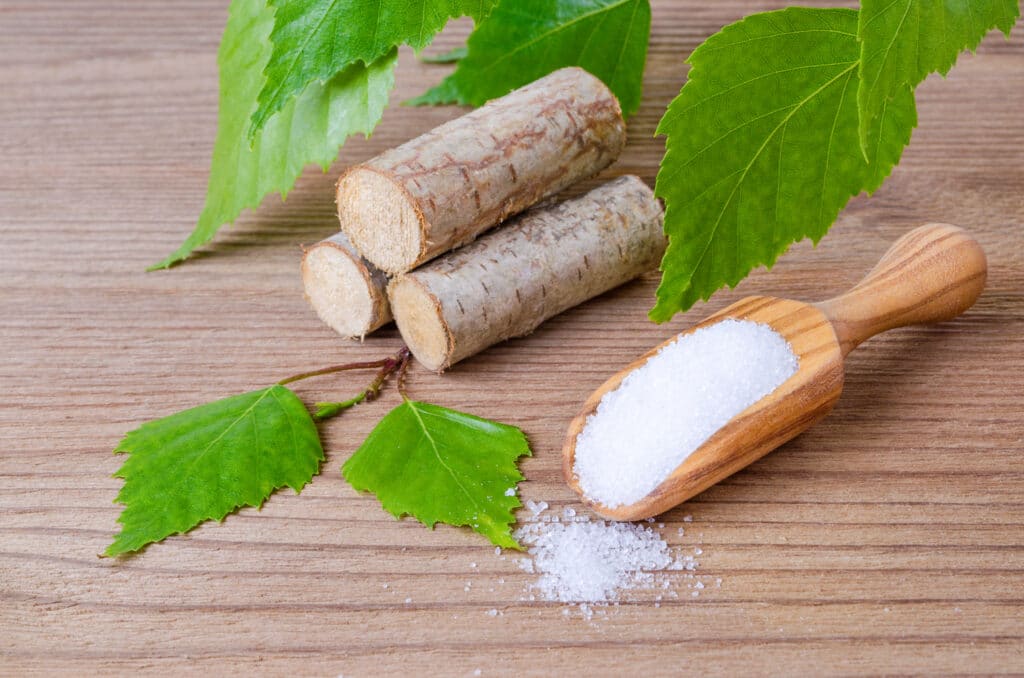


Xylitol is a sugar substitute used by humans because unlike sugar, it doesn’t cause tooth decay and has lower calories.
Furthermore, it is found in other human foods that we usually feed our dogs such as baked goods, “sugar-free” desserts, skinny ice cream, and more.
However, xylitol is toxic to dogs. FDA even issued a warning back in 2021 and talked about its dangers to our furry friends.
So, if you’re planning to make homemade dog treats using a sugar alternative, Xylitol should be off the table, literally and figuratively.
Ingredients To Add To Homemade Dog Treats
If you’re wondering what you can add to your homemade dog treats so your pooch will love them, here’s a few safe and delicious ingredients:
- Pumpkin
- Strawberry
- Blueberry
- Banana
- Peach
- Apple
- Pear
- Cucumber
- Peanut Butter (xylitol-free, of course)
- Broccoli
- Spinach
- Kale
Conclusion
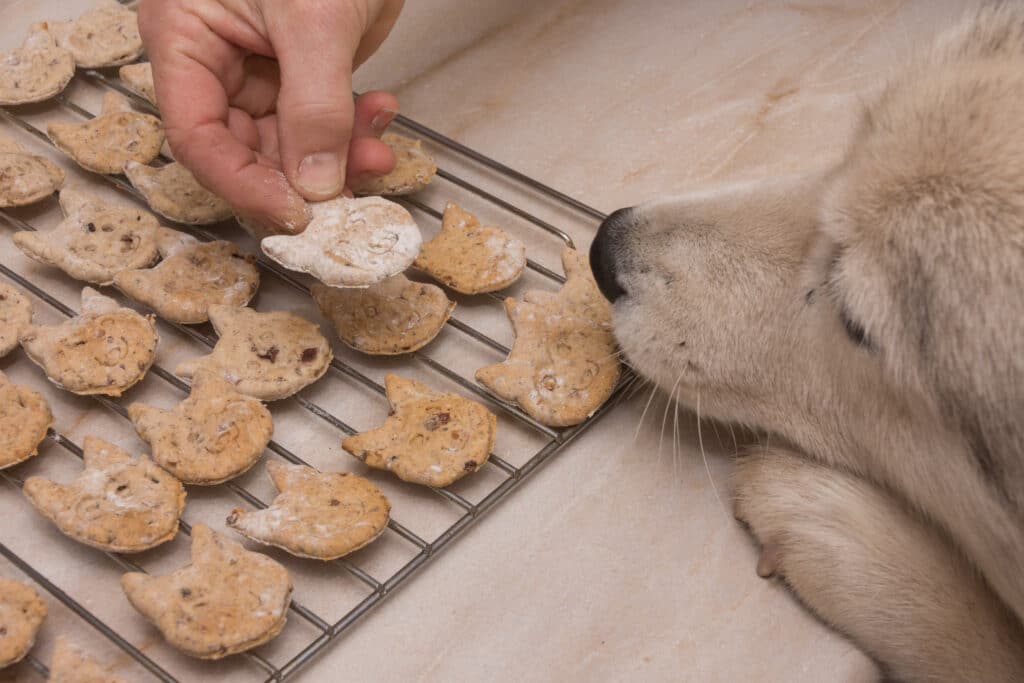


Making homemade dog treats can be a fun and fulfilling experience. But it is always important to do your due diligence when grabbing homemade dog treats recipes off the Internet.
Most of these recipes will be fine, but doing your own research and educating yourself about safe ingredients is a must.
Do you make homemade treats for your doggy? Comment any tips and advice for other fur parents below!



